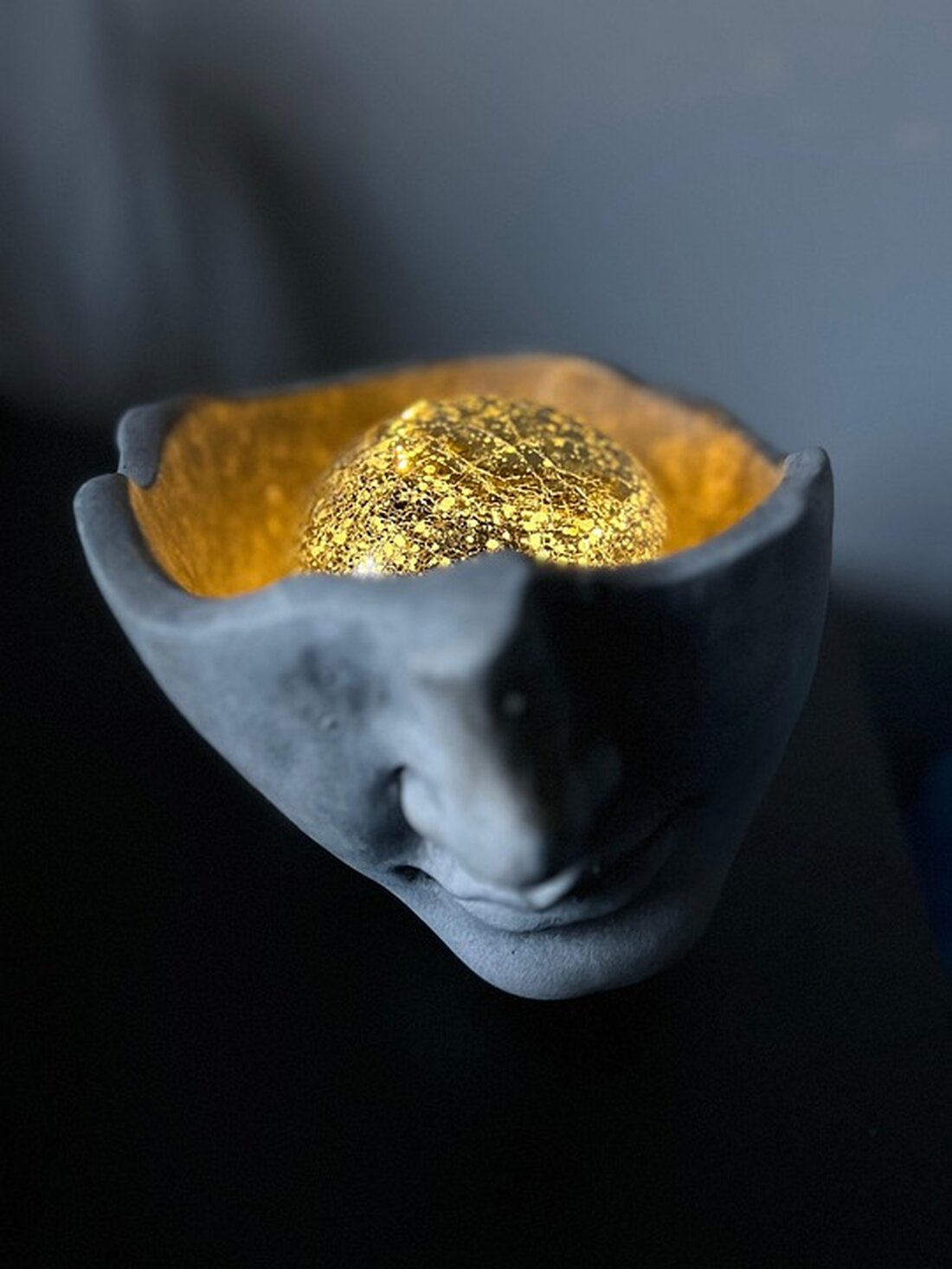Trump-related brain drain: chance for the rest of the world
Trump-related brain drain: chance for the rest of the world
The Brazilian neuroscientist Danielle Beckman had long dreamed of moving to the USA for her career. In 2017 there was an opportunity to work at the California National Primate Research Center of UC Davis, and Beckman took the chance. "I was so excited," she recalls. "Coming to the USA was always my dream. It was the place where the greatest investments in science are made."
Change in the perception of the United States as a research mecca
months after the beginning of President Donald Trump's second term in office, Beckman's view of the United States has changed significantly. In view of an unprecedented government offensive against the leading universities and research institutions of the country, it no longer sees the United States as a welcome place for its research, which deals with the effects of virus infections such as COVID-19. She decided to move to another country and consider opportunities in Germany and France.
a worrying trend: emigration of talents
Beckman is part of a growing wave of academics, scientists and researchers who leave the United States. Many experts warn that this could be the greatest emigration of brain potential that the country has been experiencing for decades. The emigration of American talents could benefit from other parts of the world, while numerous governments, universities and research institutions in Canada, Europe and Asia are struggling to attract fleeing talents.
Investments to recruit researchers
The European Union has announced that it will invest 500 million euros (about $ 562 million) in the next three years to make Europe a magnet for researchers. A university in Marseille, France, has launched a program called "Safe Place for Science" to support persecuted scientists. Canada's largest health research organization is investing $ 30 million ($ 21.8 million) to win 100 scientists in the initial phase of their career from the USA and other countries. Norway and Singapore also take measures to attract international researchers.
The loss of the scientific pioneering role of the USA
The United States has long been a leading nation in the field of research and development that attracts talents from all over the world. Since the 1960s, the US government's expenditure for research and development from $ 58 billion in 1961 has doubled to almost $ 160 billion in 2024. This enormous investment has led to a significant impact on the international stage.
Nevertheless, Trump's second term has confused the relationship between higher education and the federal government. The drastic cuts in NIH funding, which provide almost $ 50 billion for medical research annually, lead to massive job losses and applications, which affected over 700 NIH grants with a total value of $ 1.8 billion. The Trump government suggests reducing the NIH budget by 40 % in 2026.
academic freedom and international students
Beckman and many other scientists report on a feeling of alienation and increasing pressure on academic freedom. She finds that the Trump government's handling with international students leads to many no longer feel welcome. "It has been the first time since I moved here that I no longer feel like I was so welcome," she admits.
a new interest in virology and international possibilities
Beckman has now received interviews at institutions in other countries and notes that there is a great interest in virology worldwide while the United States is left behind. "Sciences and technology need diversity, and it is crucial that science can be continued without ideological interference," she explains.
The trend shows that scientists who are considered to be highly productive as young and talented specialists are willing to take new opportunities abroad, which could have long -term effects on the research landscape in the USA.


Kommentare (0)